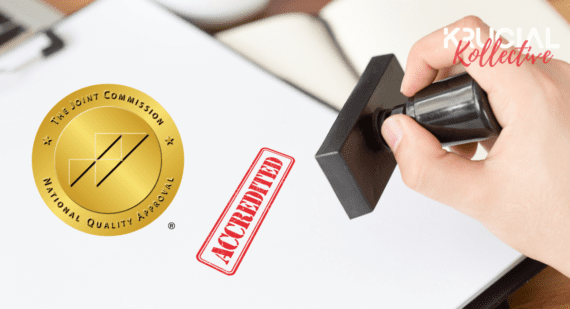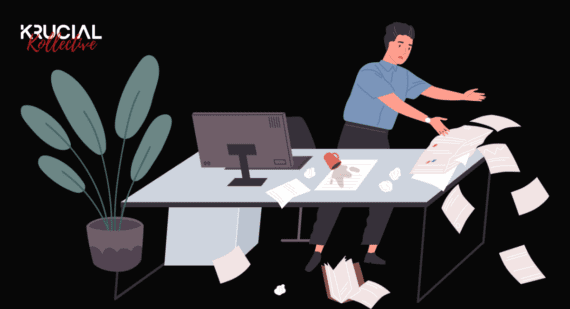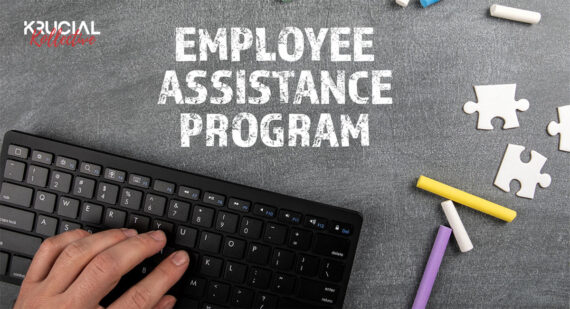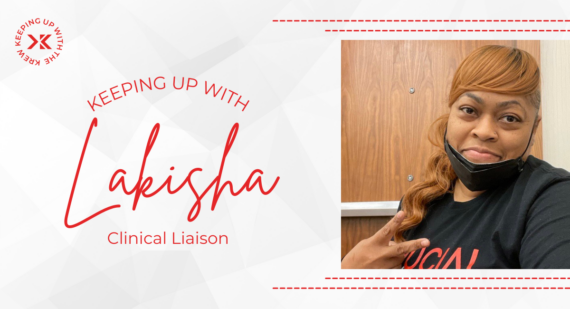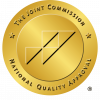
Compassion Fatigue: What is it and Ways to Cope
By: Maria Blong
Right before an airplane takes off, flight attendants demonstrate safety procedures in case of an aerial emergency. Motioning where life vests are stored and establishing airplane exits. Eventually working their way to this particular scenario, “In the event of a drop in cabin pressure,” the voice instructs over the speakers, “secure your oxygen mask first before helping others.”
For people working in the medical field, this may seem like a backward concept. Your top priority is generally your patients, then yourself. It is how you operate and think as a person, plus part of the reason you found the medical field attractive. You get a sense of fulfillment and purpose in taking care of others. Unfortunately, this people-first mentality is not always a positive trait. As a psychiatrist, Yazhini Srivathsal, MD, argues “We need to make sure we are tending to our own emotional and physical well-being and needs while we are involved in providing care for others.” (Banner Health)
Failing to do so often leads to what many psychologists define as compassion fatigue. Compassion fatigue, also known as secondary traumatic stress or vicarious trauma, stems from working in a field where you are helping or caring for other people, and the trauma or stress experienced by your patients starts to emotionally overwhelm you and affect your personal life. (WebMD) Another way to understand compassion fatigue is that you feel emotionally drained and relate to low levels of empathy for others.
Symptoms of Compassion Fatigue
Identifying early signs of compassion fatigue can help you combat the physical, emotional, and psychological stressors from working in the healthcare field so you can continue to care for patients at full capacity. Common symptoms of compassion fatigue include:
- Physical and psychological exhaustion.
- Feeling incapable or hopeless.
- Experiencing little to no empathy for others or being emotionally numb.
- Fixating on your patient’s suffering and conjuring anger towards the cause of it.
- Blaming yourself for events outside of your control.
- Feeling emotionally detached from your work or personal life.
- Changes in sleep and appetite paired with nausea and dizziness.
Compassion fatigue often presents itself as burnout due to the overlapping symptom of physical exhaustion, however, burnout and compassion fatigue are not the same. (Banner Health) Burnout sprouts from physical tiredness (e.g., working overtime) while compassion fatigue is based on psychological strain (e.g., watching a patient suffering from an illness). It is important to draw a distinction between the two types of exhaustion so you can start the appropriate treatment method.
Treating/Preventing Compassion Fatigue
To reiterate what Dr. Srivathsal said earlier – in order to care for others, we must first ensure our own needs are being met. These restorative techniques are just some of the ways you can fill up your own cup. Recommended ways to treat/prevent compassion fatigue include:
- Finding a way to incorporate work/life balance into your everyday patterns or taking time off to create physical and mental separation from your job.
- Recommitting yourself to self-care routines such as getting enough sleep, eating healthy food, exercising, spending time with friends and family, and engaging in your favorite leisurely activities.
- Avoiding sensory overload plus analyzing how traumatic or stressful information affects you.
- Focus on matters you can control in your life and at work such as practicing gratitude, being in the present moment, or providing your patient quality care.
- Relinquishing the idea that pain and suffering are problems we can control and accept what they are – phases of the human experience.
- Seek professional help for compassion fatigue.
If left untreated, compassion fatigue can “lead to mental health conditions like depression, anxiety, obsessive-compulsive disorders, and substance use disorders.” (Banner Health) Please reach out to a mental health professional if symptoms persist for counseling on how to recover and manage compassion fatigue. (Banner Health)
Your health and well-being are just as important as your patient’s – do not forget to put on your own oxygen mask before helping someone else with their own.
Interested in contributing to the Krucial Kollective? Send us an e-mail at marketing@krucialrr.org and let us know what you would like to write!
For people working in the medical field, [taking care of yourself first] may seem like a backward concept. Your top priority is generally your patients, then yourself.
